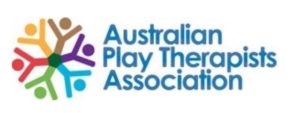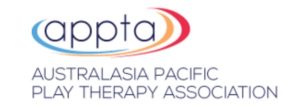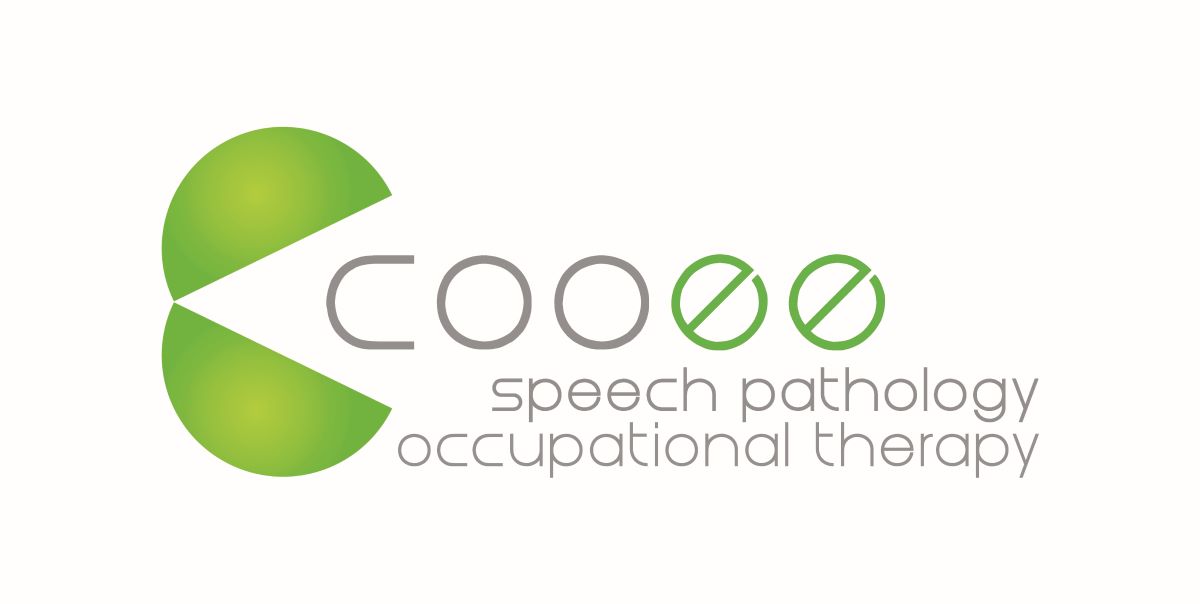Play Therapy – Using play as a language to support your child to develop skills
To Celebrate National Play Therapy Week (6-12th Feb 2022) today’s blog will be all about play therapy!
What is Child Centred Play Therapy?
 Play Therapy is founded on theoretical models and administered by a trained Play Therapist. Play Therapy is a means of creating a therapeutic relationship between the Play Therapist and a child in which the child uses their natural language of play to prevent or resolve emotional and behavioural difficulties and achieve optimal growth and development.
Play Therapy is founded on theoretical models and administered by a trained Play Therapist. Play Therapy is a means of creating a therapeutic relationship between the Play Therapist and a child in which the child uses their natural language of play to prevent or resolve emotional and behavioural difficulties and achieve optimal growth and development.
Children are referred for play therapy to resolve their problems (Carmichael; 2006; Schaefer, 1993). Often, children have used up their own problem solving tools, and they misbehave, may act out at home, with friends, and at school (Landreth, 2002).
Why choose Play Therapy to support your child?
 Play as language
Play as language
Children are born to play, after all it is one of their key occupations in early development. Even if children have difficulties or deficits in their play they can still use it to show us what is meaningful for them. Through play, a child can share their experiences, learn about themselves and learn about their relationship with the world around them.
Different to play based therapeutic intervention where play is used as a medium to teach skills e.g. turn taking, learning words, practicing daunting skills e.g. toileting or how to play with others.
Therapeutic relationship
In the play room the child is wholly accepted.
The trained play therapist establishes a therapeutic relationship with the child so that they have a safe and appropriate place and way of dealing with addressing and resolving their challenges.
The Playroom
 The playroom contains a range of toys that allow the child to play and express themselves in their own way. The playroom creates a contained space where the child can feel contained and safe to explore.
The playroom contains a range of toys that allow the child to play and express themselves in their own way. The playroom creates a contained space where the child can feel contained and safe to explore.
Through Play Therapy children learn:
- To communicate with others
- Learn about and express feelings
- Modify behaviour
- Develop problem-solving skills
- Learn ways to relate to others
- Understand or process their experiences
- Develop play skills
What are some of the symptoms you might see when a child may benefit from Play Therapy?
- Have difficulty communicating with peers
- Have difficulty making friends
- Have difficulty sharing their feelings
- Engaging in frequent school refusal
- Receiving frequent suspensions from school
- Have difficulty problem solving through everyday challenges
- Have difficulty understanding how others are feeling
- That have experienced trauma
- Develop play skills
Can Children with significant disabilities engage in Play Therapy?
Of course, however it will be vital that the Play Therapist work in collaboration with your child’s therapy team, i.e. speech pathologist or occupational therapist. If you have any questions regarding Play Therapy – Hanna Corfield can help, call the clinic to book a time to speak with Hanna.
When looking for a Play Therapist – Ensure the Play Therapist is registered with one of these associations:
- Australian Play Therapy Association (APTA)
- Australiasia Pacific Play Therapy Association (APPTA).



Hanna Corfield
Registered Occupational Therapist
Child Centred Play Therapist – Associate Member of Australia Play Therapists Association
